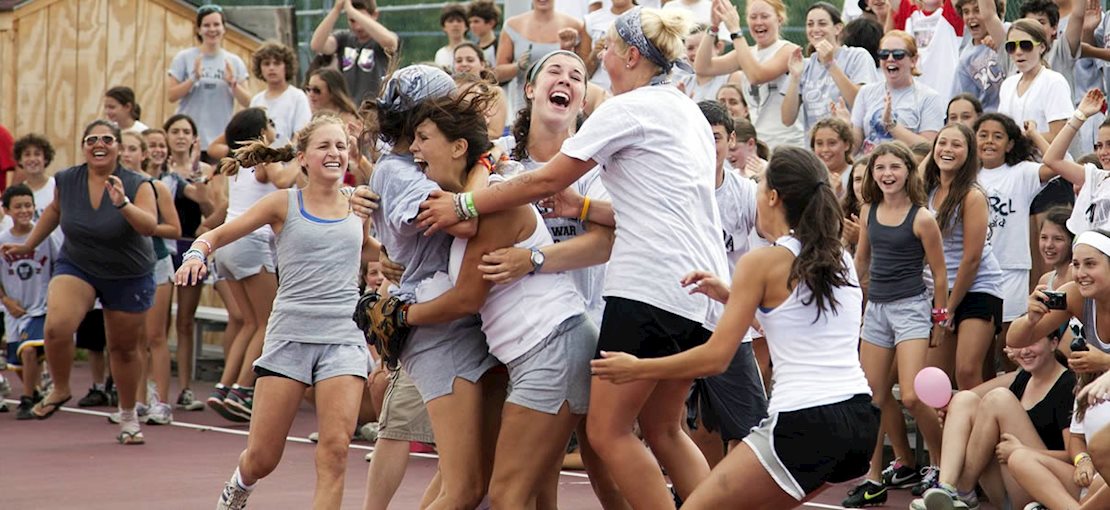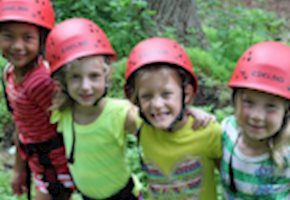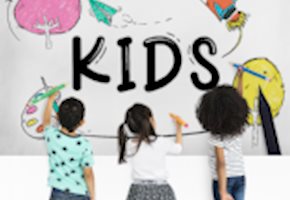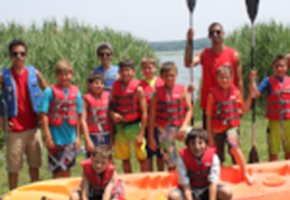For generations, American children have spent their summers at day and sleepaway camp, learning new activities while also building important life skills. If you are considering summer camp, but questioning what the value in a traditional summer camp is over other programs, read on.
Children gain skills needed to become successful adults
The Partnership for 21st Century Skills, a group of businesses, education leaders, and policymakers including the U.S Department of Education, AOL Time Warner Foundation, Apple Computer, Inc., Cisco Systems, Inc. and others, found there is a large gap between the knowledge students learn in school and the skills they need to be successful in the 21st century. They performed extensive research on the skills needed to become successful adults in life and work in the 21st century and many of the essential skills needed for success are all fostered at camp and include oral communication, collaboration, work ethic, creativity, leadership, social skills, problem solving and critical thinking.
School is great for many things, but school doesn’t educate the whole child
The traditional classroom doesn’t address the whole child and there is more to learning than just tests and achieving good grades. Camp is one of the most powerful learning environments and is where a child’s social education takes place. Camp provides children with the opportunity to try new activities and when children succeed at these activities over the summer, they build self-esteem. Children also build social skills and problem solving skills by being part of a supportive community and taking part in activities together. They are also challenged at camp every day, whether they playing chess, honing their tennis serve, improving their swim strokes or trying out for the camp play.
Camp allows kids to unplug from technology
Today’s children spend over 7.5 hours a day engaged in media, which prevents children from taking part in hands on activities and socializing with other children. The majority of summer camps ban most technology, including TV, smart phones, ipads and computers. Taking a break from technology over the summer allows children to focus on learning new skills and taking part in social interactions.
Play is known to help children in their social and emotional development
Today’s children are very busy with homework, music lessons, and afterschool activities and there isn’t much time for play. The American Academy of Pediatrics (AAP) reports that free and unstructured play is healthy and essential for helping children to reach important social, emotional, and cognitive developmental milestones as well as helping them manage stress. Traditional summer camps give children plenty of opportunities to play which leads to healthy emotional and social development.
Children can reinvent themselves at camp
At home, children go to school with the same children for years and they may be labeled as the shy or studious child. At day or sleepaway camp, children are surrounded by new people and they can reinvent themselves and become the athletic child or the outgoing kid. Camp is an accepting community and a child can be themselves at summer camp.
Parental separation promotes confidence
When children go to day or sleepaway camp, they are given the opportunity to grow more independent. Separation from parents gives a child the ability to think independently which builds self-esteem and confidence.
The American Camp Association, NY and NJ is a not for profit organization dedicated to enhancing the quality of the summer camp experience. The American Camp Association, NY and NJ offers families looking for a camp free, one-on-one advice in finding the right summer camp experience for their child. Contact 212.391.5208 or visit searchforacamp.org for help in your summer camp search.






Add A Comment
Thank you for your comment.
Sorry! There was a problem with your comment submission. Please try again.
Comment
Allowed HTML: <b>, <i>, <u>, <a>
Comments
Thank you for your comment.
Sorry! There was a problem with your comment submission. Please try again.
Thank you for your comment.
Sorry! There was a problem with your comment submission. Please try again.